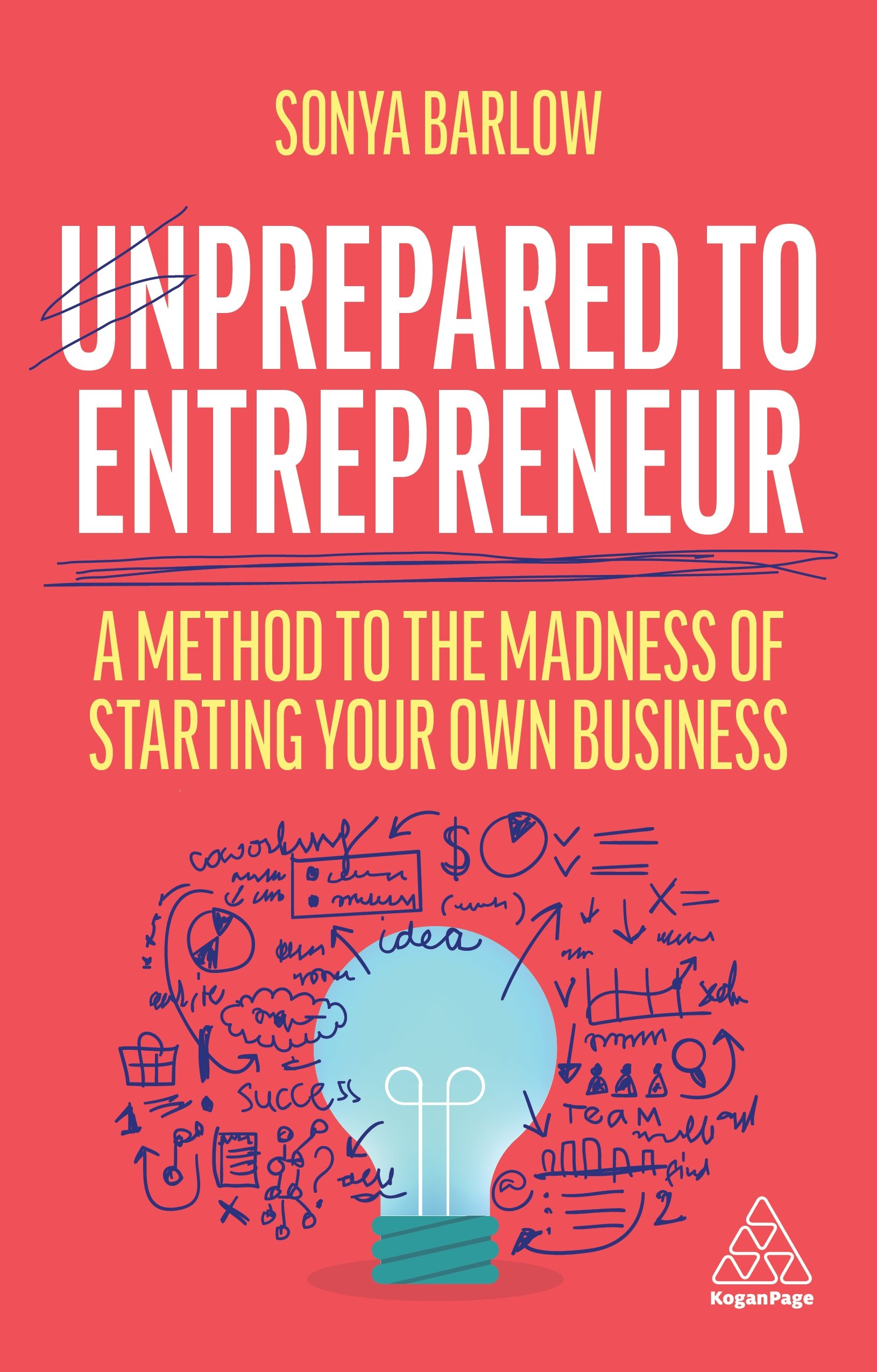The ‘f’ word: why the best businesses build on failure
We don’t talk about failure enough. We tend to share the wins and successes but hide the setbacks and missteps. We don’t acknowledge that we fail more than we succeed, and we should. If we did, we wouldn’t see it as something to be ashamed of.
I, Sonya Barlow, challenge this way of thinking in chapter 1 of Unprepared to Entrepreneur. I believe that if we heard more of the real stories and challenges of founders and business owners, we would have a clear understanding of how to run a successful business.
So, I dare you to share your failings. I will begin. After graduating from business school in 2015, I didn’t pass my three-month probation at my first corporate job. In May 2018, my first brunch meeting to soft launch Like Minded Females - my entrepreneurial baby - was a total miss because no one showed up. I began 2020 building myself up to boss status, but the Covid-19 pandemic happened, and I lost 75 per cent of my income overnight
As you have read, I have failed. A lot. Had I kept a mindset of seeing setbacks and failing as a bad thing, I would have gone back to the corporate world and given up on my business idea. But, instead, I made failure my best friend.
Of course, it took me some time to change my attitude around failing. In the beginning, a setback made me think I wouldn’t achieve my goal. Now, for me, failure is a temporary disruptor as I shared on my TEDx Talk last year.
We have all heard the claim that 90 or 50 per cent of new businesses fail. According to DC Incubator, around 6 out of 10 companies will fail within the first three years. Most people would see this as a negative situation. But, II will tell you three reasons why the best businesses are built on failure.
It is a chance to find a new path.
The reality is that you and your business idea will rarely go according to plan on your first try or even second try. So, what you need to do is try a new way or path and fail. This is the path to evolving and adapting.
A setback will force you to learn. Failure is an opportunity to take a step back and ask yourself: ‘What went wrong?’, ‘How can I get better?’, and ‘What can I do differently next time?’. Analysing your initial idea, your actions, and your processes is vital for creating a viable business.
It is the path to a resilient business mindset.
Understanding that failure is inevitable and will happen at some point in your entrepreneurial journey. So, instead of trying to build a foolproof plan, you need to think about how you can develop a resilient mindset. It is about thinking about how can I overcome this and try again rather than how can I avoid this from happening. Resilience is the capacity to recover from difficulties. It is a ‘muscle’ that every entrepreneur needs to strengthen for their business to thrive and grow.
It will make you more self-aware.
You will learn a lot about yourself through obstacles and challenges. For example, you will now know that you can pick yourself up, brush it down, and move forward if you fall down.
Failure will also teach you to be kind and compassionate to yourself, which I explore in-depth in chapter 8. You shouldn’t take this lesson lightly because it is what will enable you not to give up. It will help you understand that setbacks are normal and not something inherently personal. We all fail, even the successful entrepreneur you see on the TV or in the newspapers.
That is why it is essential to have conversations around business failures. Out of all the entrepreneurs I talked to for Unprepared to Entrepreneur, no one said that their idea was perfect at the beginning. So, are there good news to failing? Yes. You won’t start from zero. Instead, you will begin from experience. All you need to do is rewire your brain and attitudes into embracing failure and seeing it as a step towards success.









